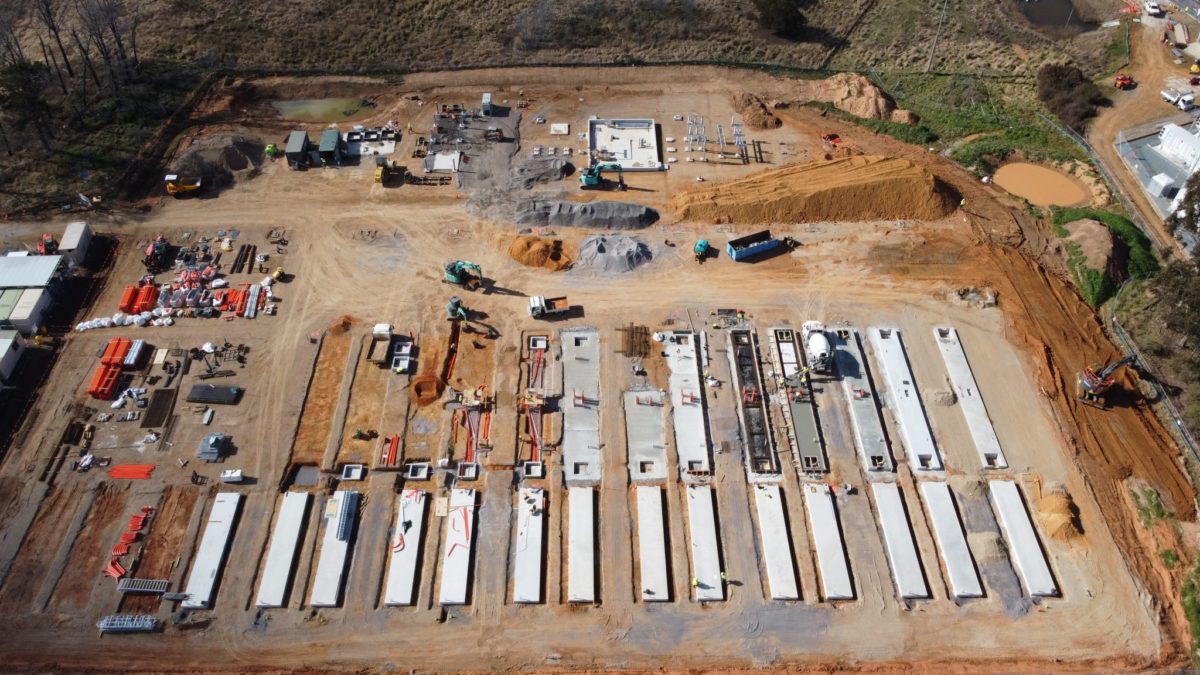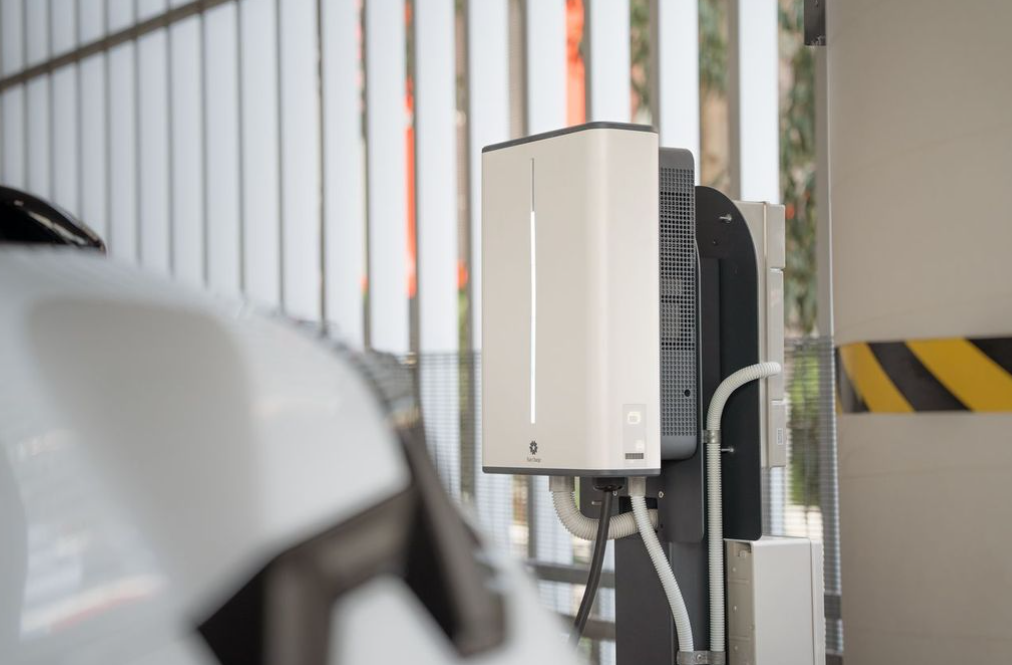Canberra’s 100 MW / 200 MWh Capital battery, owned by French renewables developer Neoen, is expected to be around a year late entering into operations. Neoen CEO Xavier Barbaro explained on a recent investor call that the delay is the result of issues during the connection compliance testing.
“The Capital battery commissioning is now expected in 2024,” Barbaro said. “The connection compliance tests under the direct responsibility of the EPC contractor are taking much more time than initially expected.”
Doosan GridTech, the energy storage subsidiary of South Korea’s Doosan Heavy Industries and Construction, is the project’s EPC.
Precisely what is causing these delays is unknown, with possibilities spanning from resource shortages, equipment malfunctions, installation errors, and the need for “harmonic filters.”
Barbaro said the company had accounted for potential damages from delays in its initial EPC contract. “It is not especially making us nervous, we do have some comfort in the level of liquidity damages we have in place because that is in the price that we pay for the EPC contract,” he said.
He added that calculating potential revenue loss is tricky, however, because of the uncertain nature of battery revenues. “Maybe we are going to get less than what we could have made in the market, maybe in the end we are going to get more. On average we plan to get something that is good enough to offset the effect of the delays we are incurring,” he said.
Construction on the Capital battery begun back in December 2021, with the project initially expected to enter operations in early 2023. The battery sits about 10km southeast of the Australian capital, Canberra, beside TransGrid’s Queanbeyan substation.
This content is protected by copyright and may not be reused. If you want to cooperate with us and would like to reuse some of our content, please contact: editors@pv-magazine.com.









1 comment
By submitting this form you agree to pv magazine using your data for the purposes of publishing your comment.
Your personal data will only be disclosed or otherwise transmitted to third parties for the purposes of spam filtering or if this is necessary for technical maintenance of the website. Any other transfer to third parties will not take place unless this is justified on the basis of applicable data protection regulations or if pv magazine is legally obliged to do so.
You may revoke this consent at any time with effect for the future, in which case your personal data will be deleted immediately. Otherwise, your data will be deleted if pv magazine has processed your request or the purpose of data storage is fulfilled.
Further information on data privacy can be found in our Data Protection Policy.